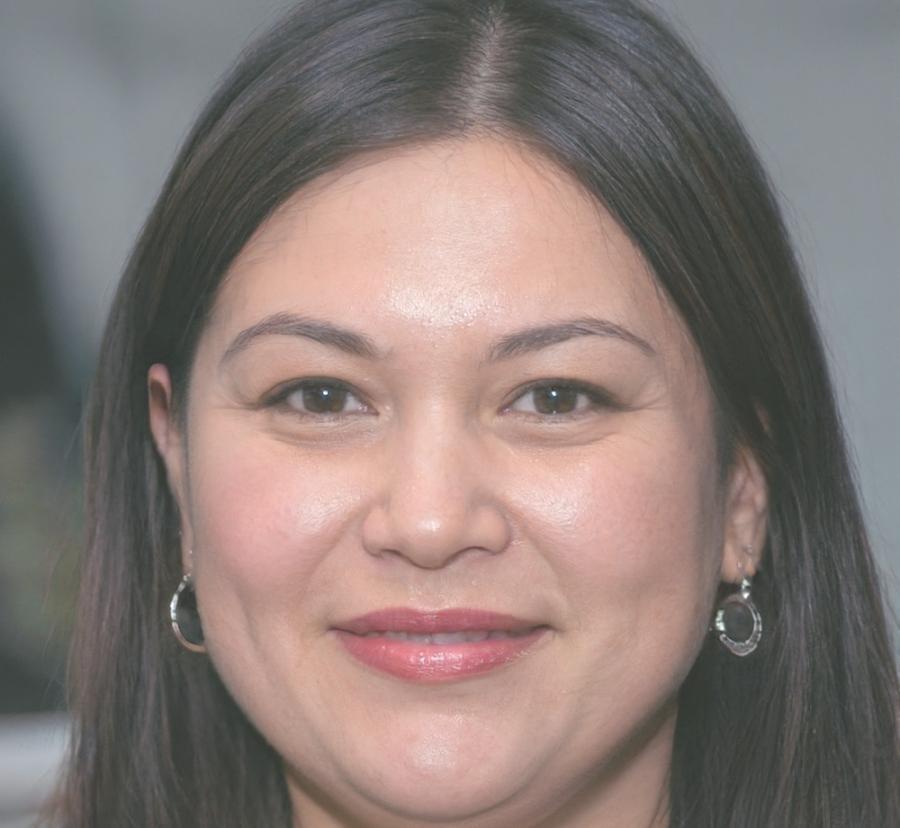Real Experience, Honest Answers
Over the years, we've worked with everything from grassroots community gatherings in Canberra to larger corporate functions across the ACT. The questions change a bit depending on the scale, but the underlying concerns stay the same.
People want to know if their budget is realistic. They wonder where costs blow out, and how to keep vendors on track. Some ask about contingency planning, others about payment schedules. We've seen what works and what doesn't, and this page reflects that.
These aren't generic FAQs copied from somewhere else. They're based on actual conversations we've had with clients who needed clarity before committing to their events. If your question isn't here, reach out. We're happy to talk it through.



